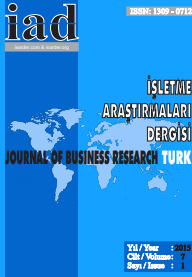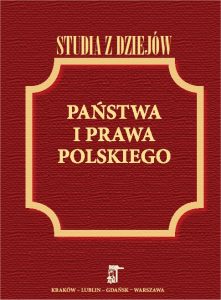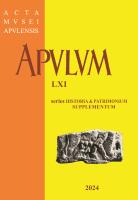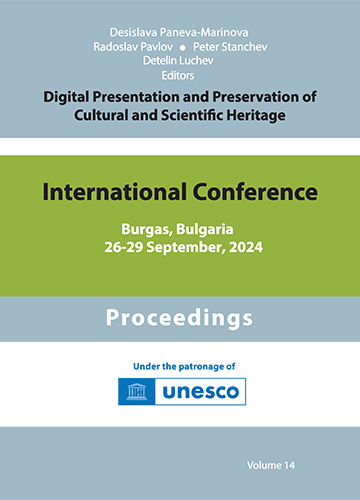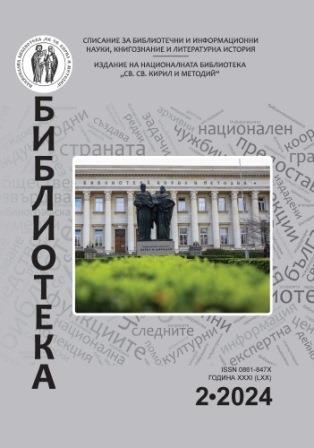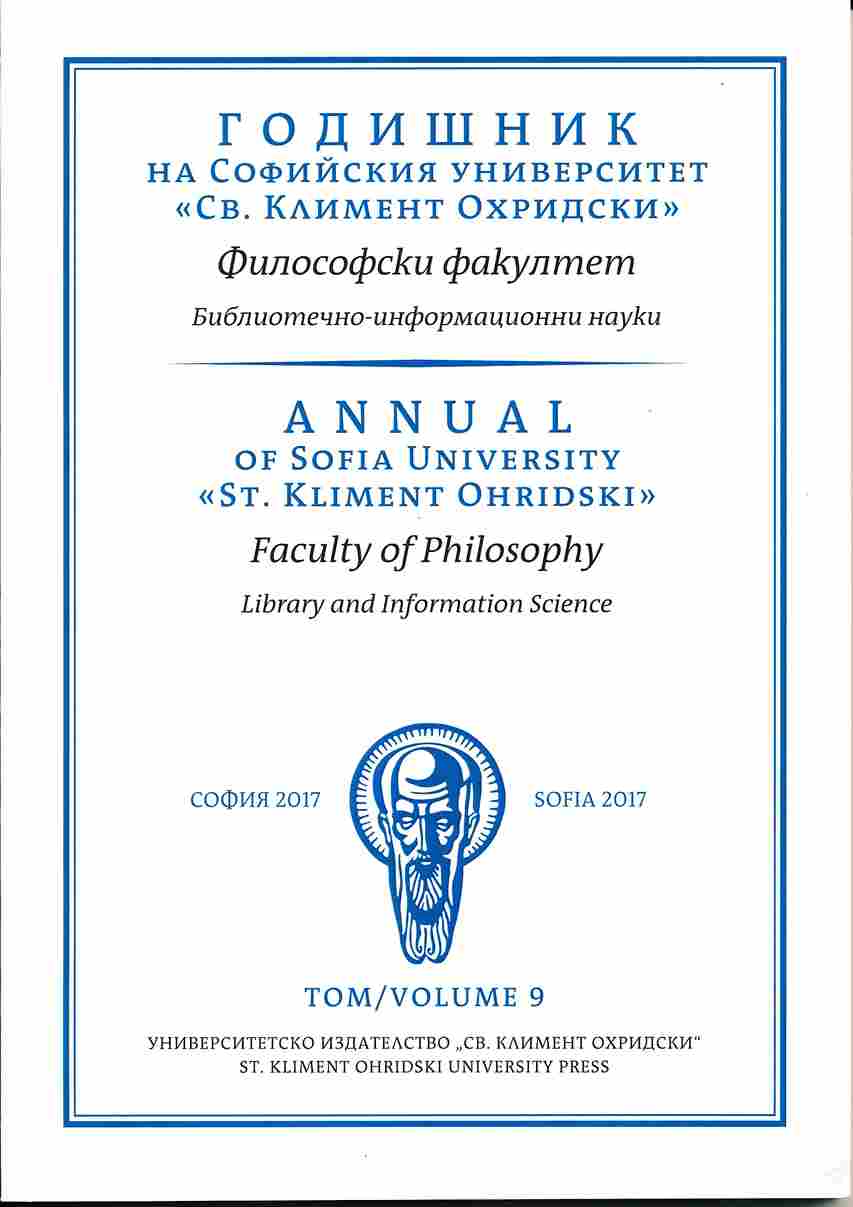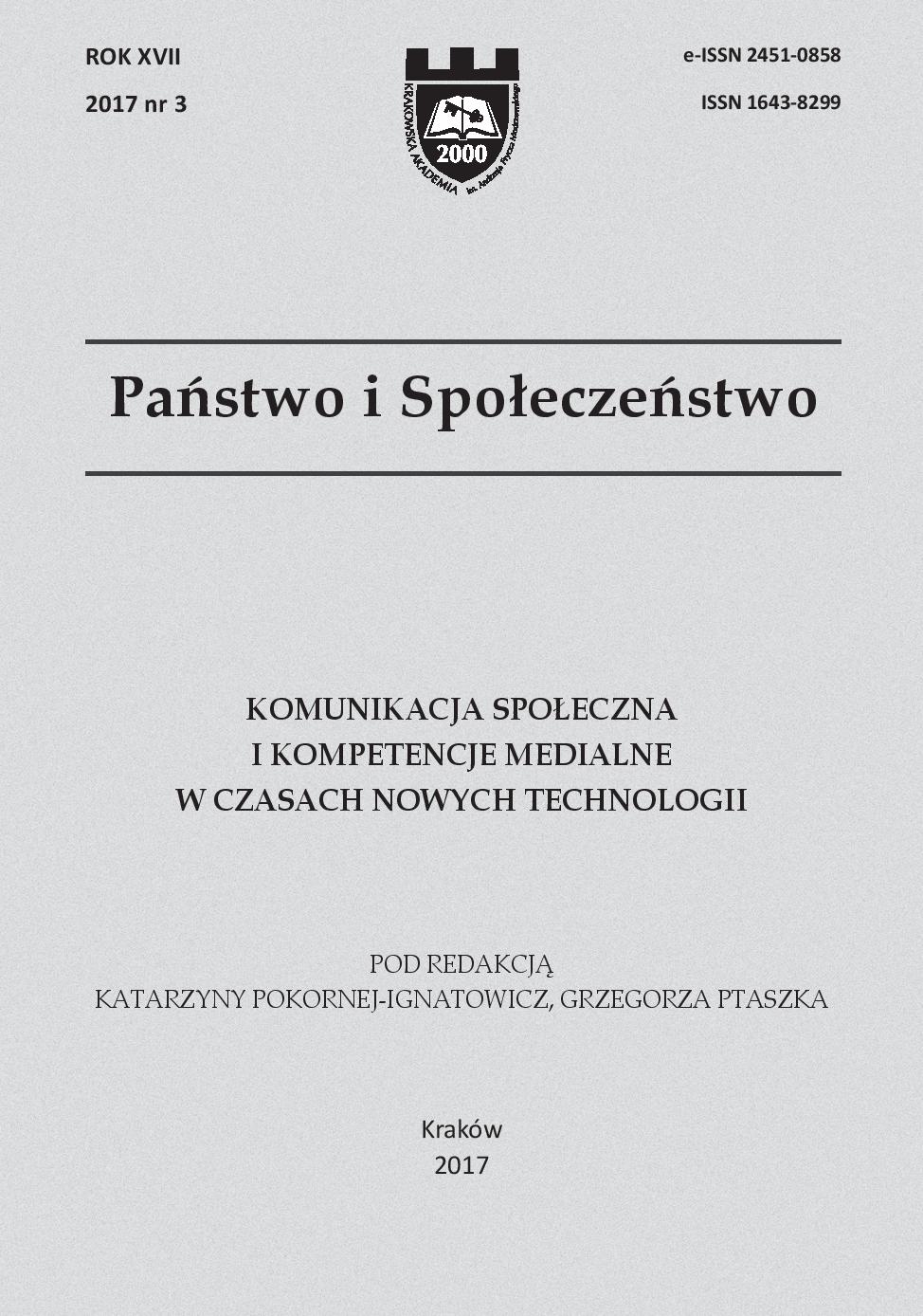
Medialaby, fablaby i banki wiedzy jako nowe modele instytucji edukacyjnych i animacyjnych. Problemy i wyzwania
The aim of the paper is to draw attention to the specificity of innovative new media institutions concerning education and culture animation. Relating to the concepts within the range of media education and sociology of the Net, the author describes practices of Net Generation or cyber bricoleurs as well as media competences characteristic of the users of networked and mobile digital media. The institutions promoting new media activities, i.a. centers and festivals of cyber art and new technologies, and discourses connected with them (i.a. open data, DIY or cyber arts and trans humanism discourses) are perceived by the author as forms of tools, which may be useful for new media education. The paper shows in details the concepts of medialab, fablab and bank of knowledge as well as the origins of American and European model institutions and their innovative features which are important from cultural and educational perspectives.
More...
